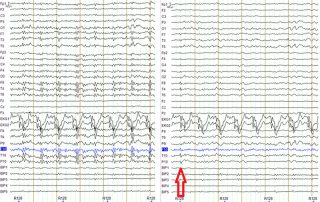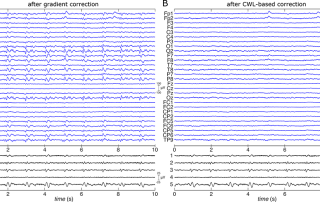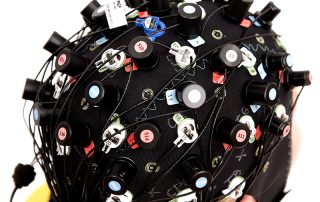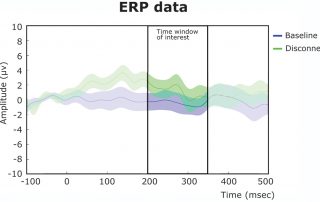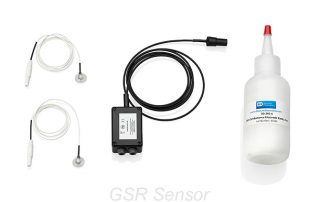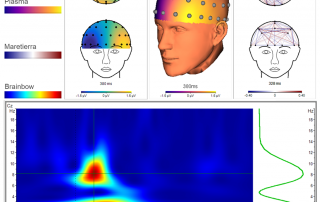Carbon Wire Loops in EEG-fMRI studies of interictal epileptic activity
At the Montreal Neurological Institute and Hospital, we work with combined EEG and fMRI acquisition to study epileptic patients to determine the brain region responsible for the generation of seizures that characterize this condition. We use Carbon Wire Loops to help recover a clean signal from the EEG recorded in the MR environment.


